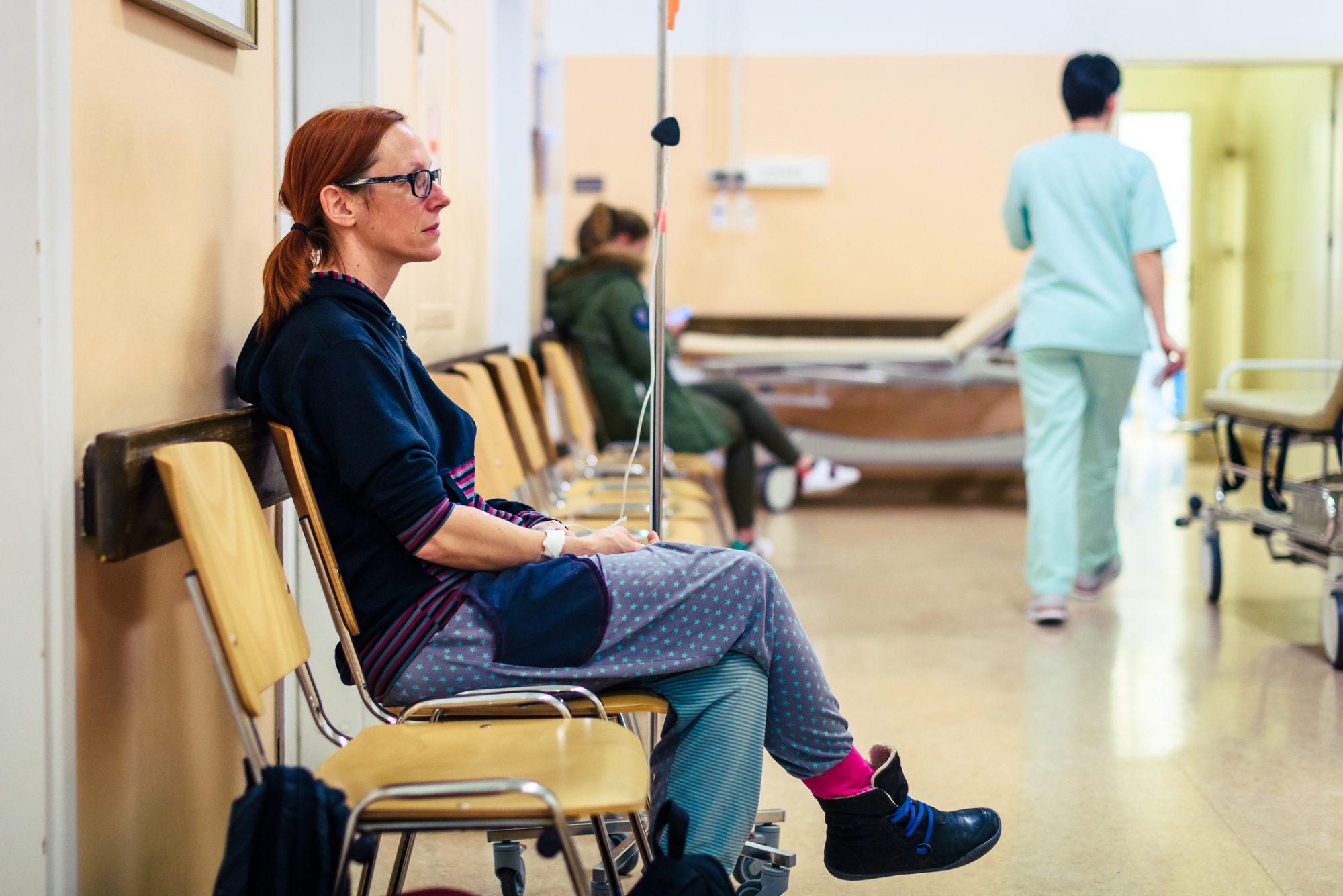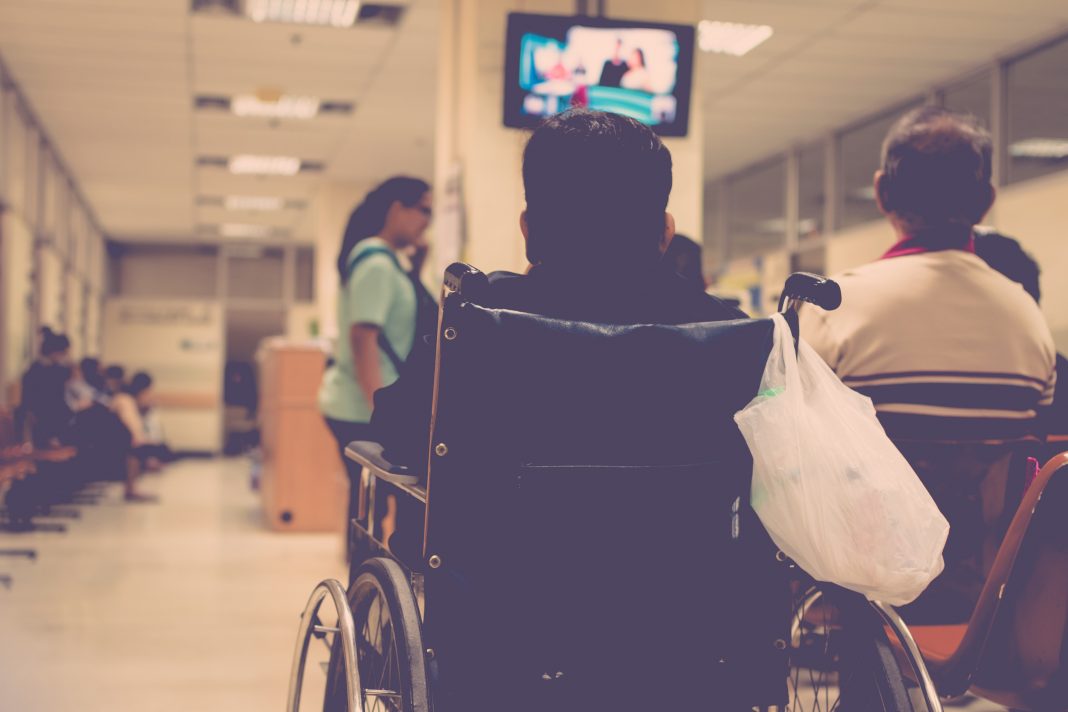Healthcare carbon emissions are to receive an 80% reduction in the NHS, but this could continue exacerbating existing health equalities
The NHS in England wants to reduce their healthcare carbon emissions by 80%, as a reduction in emissions under its direct control by 2028-2032 and across the supply chain by 2036-39, reaching net zero by 2040 and 2045 respectively.
However, the pursuit of net zero healthcare risks targeting the poor and exacerbating existing unfair heath inequalities unless careful consideration is given to the re-allocation of healthcare resources.
Researchers from a study in the Journal of the Royal Society of Medicine suggest that with pandemic measures, the burdens of climate impacts and cutting emissions are not equally shared, and predominantly burden the lower class who are already ostracised from efficient healthcare.
What is the net zero agenda?
The net zero agenda aims to transform how the NHS delivers healthcare by reducing carbon emissions within the healthcare system.
The researchers suggest that those with the greatest means and total emissions caused outside the healthcare system should carry the responsibility to reduce their carbon footprint, as oftentimes, those who are in desperate need of healthcare are poorer and cannot lessen their emissions.
According to Dr Bhopal and his colleagues, who worked on this study, healthcare carbon emissions represent almost a fifth of the per capita healthcare carbon footprint among the poorest people, compared with under a fiftieth among the richest.
As an example of the disparity in healthcare and emissions: a return flight from London to New York can incur up to four times the NHS’ per capita carbon footprint or almost the annual total emissions of an individual in the poorest decile.
“Lifetime health costs among the poorest people are 10-20% higher than the least deprived”
This entails that poorer people aren’t emitting anywhere near the most emissions – yet they bear the health conditions made by climate change and endure the lack of access to healthcare too.
Changing NHS systems to become net zero will involve trade-offs, since a re-allocation of resources may displace spending from more cost-effective health interventions, which already affect the access lower class people in the UK have to the NHS.
The most deprived people have poorer health
The most deprived people have poorer health, a lower life expectancy and consume a greater amount of health services.
Healthcare consumption is the ultimate driver of healthcare emissions in the UK, so this has important implications in terms of justice for the pursuit of net zero healthcare and needs to be seriously considered by healthcare providers to reduce existing inequalities and not exacerbate them.

Lead author Dr Anand Bhopal, a PhD research fellow at the Bergen Centre for Ethics and Priority Setting, said: “Lifetime health costs among the poorest people are 10-20% higher than the least deprived. It seems likely that individual healthcare carbon footprints also follow a social gradient, with emissions highest amongst the worst-off.
“Those who depend on the public healthcare system, and who risk the most if health gains are sacrificed due to already existing health inequity, may find it doubly unfair to carry the burden of reducing carbon emissions.”











